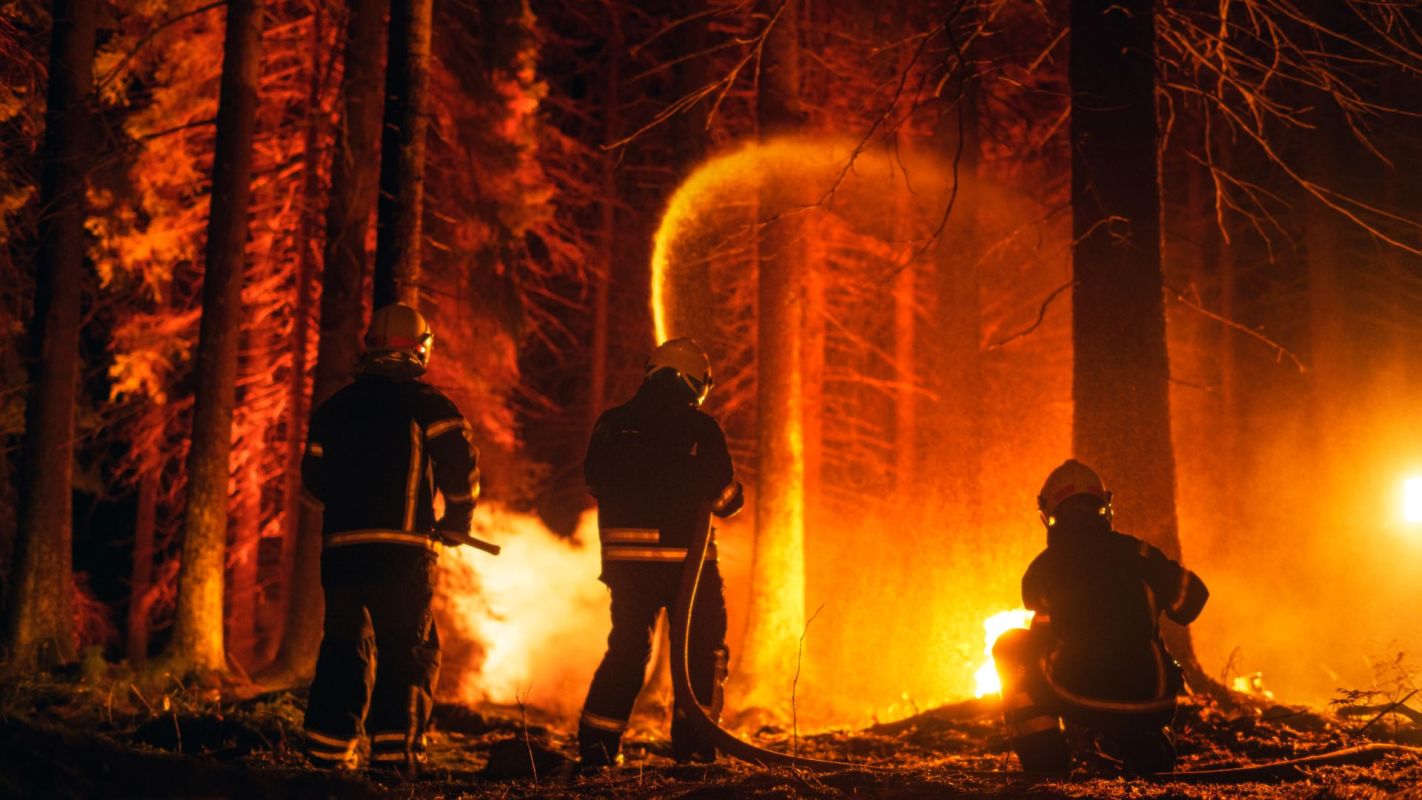If it feels like you've heard more about wildfires in recent years than you have in the past, it's no coincidence.
A new study showed that wildfires have grown more frequent and severe over the past 50 years as global temperatures rise.
What are 'fire weather days?'
For wildfires to start and spread, certain weather conditions must be present. Fire weather days see low humidity, strong winds, and high temperatures, making it easy for fires to start and spread unchecked.
Climate Central, a nonprofit that aims to communicate the science of the changing climate, released a report that analyzed the frequency of fire weather days over the past 50 years.
The report showed that fire weather days in the U.S. have grown more frequent in the past 50 years, extending wildfire season by as much as two months in some states.
Southwestern states, like Texas and New Mexico, and Southern California saw the greatest increases in fire weather days, but eastern states have also seen increases.
Why is this study important?
Climate Central's report is part of a growing body of evidence that the human-driven overheating of the planet is increasing the frequency and severity of wildfires.
As global temperatures rise, hot, dry days will become more frequent, meaning the risk of wildfires will continue to grow.
Drawing data from 476 weather stations across the lower 48 states recorded between 1973 and 2022, the report demonstrated that wildfire season has grown longer in most states. A map of 245 climate divisions across the lower 48 illustrates these increases.
More wildfires mean more people at risk. Even if you don't live somewhere prone to wildfires, smoke from distant fires can pollute your air.
TCD Picks » Upway Spotlight

Earlier this month, we saw evidence of this, as cities across the U.S. East Coast experienced orange skies and hazardous breathing conditions as wildfire smoke from Canada drifted south.
How to prepare
As the risk posed by wildfires grows, it's important to know how to protect yourself. Wildfire smoke can increase your risk of conditions such as bronchitis, asthma attacks, heart failure, and strokes.
If wildfire smoke pollutes your air, it's best to stay inside as much as possible. Air cleaners and air filters can also help protect the air inside your home.
If you have to go outside, you should wear an N95 mask over your nose and mouth.
Join our free newsletter for cool news and cool tips that make it easy to help yourself while helping the planet.














